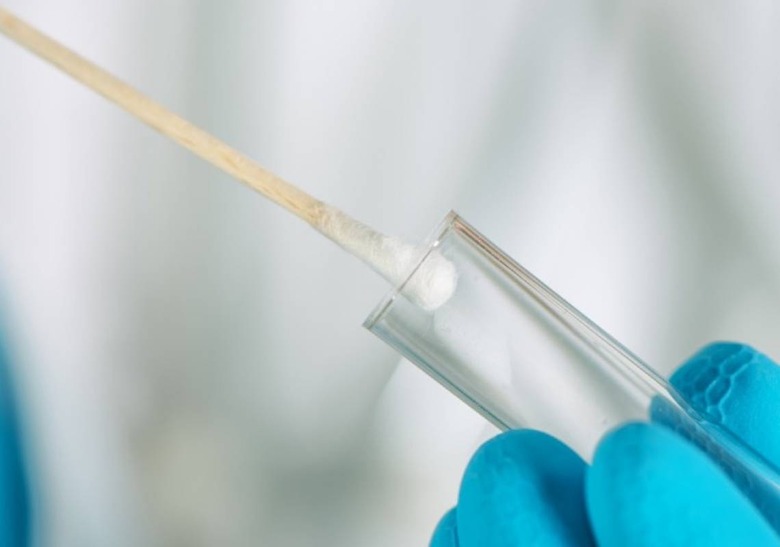"Assume You're Infected" COVID-19 Task Force Doc Warns Thanksgiving Travelers
If you traveled for Thanksgiving or attended a large gathering you should assume you're now infected with COVID-19, the White House COVID-19 task force coordinator has warned, setting a testing ultimatum for those who socialized over the holiday weekend. Despite CDC warnings of heightened risk for those choosing to fly or otherwise travel for Thanksgiving celebrations, the TSA reported airport screening numbers surged over the weekend.
Given concerns that COVID-19 infections would surge in the aftermath of travel, it's a sign that many more Americans could now be positive for coronavirus than before. According to the US Centers for Disease Control, there are now more than 13.2 million cases of COVID-19 in the US, with the virus responsible for more than 266,000 recorded deaths.
With a combination of asymptomatic infections and the incubation period inherent in any infection, the true impact of Thanksgiving travel will only be revealed in 7-14 days time. Still, that's not to say that those who did travel should carry on as normal until then. According to Dr Deborah Birx, coordinator of the White House Coronavirus Task Force, it's incumbent on those who did travel for the holidays to take sensible steps now, such as quarantining.

"We know people may have made mistakes over the Thanksgiving time period," Birx said, speaking to CBS' Face the Nation. "If you're young and you gathered, you need to be tested about five to 10 days later. But you need to assume that you're infected and not go near your grandparents and aunts and others without a mask."
The CDC recommends staying isolated at home for 14 days after having contact with a person suspected to have COVID-19. Individuals should watch out for signs of infection – such as fever, cough, and shortness of breath – and if possible get tested. However, given the incubation period can stretch to up to 14 days, it's possible that an early test may give a negative result but you'll still develop COVID-19.
In fact, the general recommendation is to take several tests over the 14 day period following potential exposure.
That's not Birx's only advice, either. Although rules on how to deal with the ongoing pandemic have varied state by state, her suggestion is to adopt the strictest standards even if they're not those which your local area requires. That includes consistently wearing masks and socially-isolating.
"If your governor or your mayor isn't doing the policies that we know are critical — masking, physical distancing, avoiding bars, avoiding crowded indoor areas — if those restrictions don't exist in your state, you need to take it upon yourself to be restricted," Birx advised. "You need to not go to these places. You need to protect your family now."
With Christmas likely to see another spike in travel, experts are warning that those intending to gather should plan ahead now, and put into place strategies for isolation well in advance. According to the CDC's suggestions, that would mean going into isolation from December 11 at the latest, so as to leave a 14 day window before Christmas Day. All the same, if travel such as flying is on the agenda, that could still leave individuals exposed to COVID-19 even at the end of a sensible isolation period.
While several promising COVID-19 vaccine candidates have made headlines in recent weeks, and indeed are seeking US FDA emergency use authorization (EUA) in some cases, it's unlikely that widespread vaccination will be available any time soon. Early doses – which could number in the millions, pharmaceutical companies like Moderna and Pfizer have warned – will be prioritized for front-line responders and essential workers.
